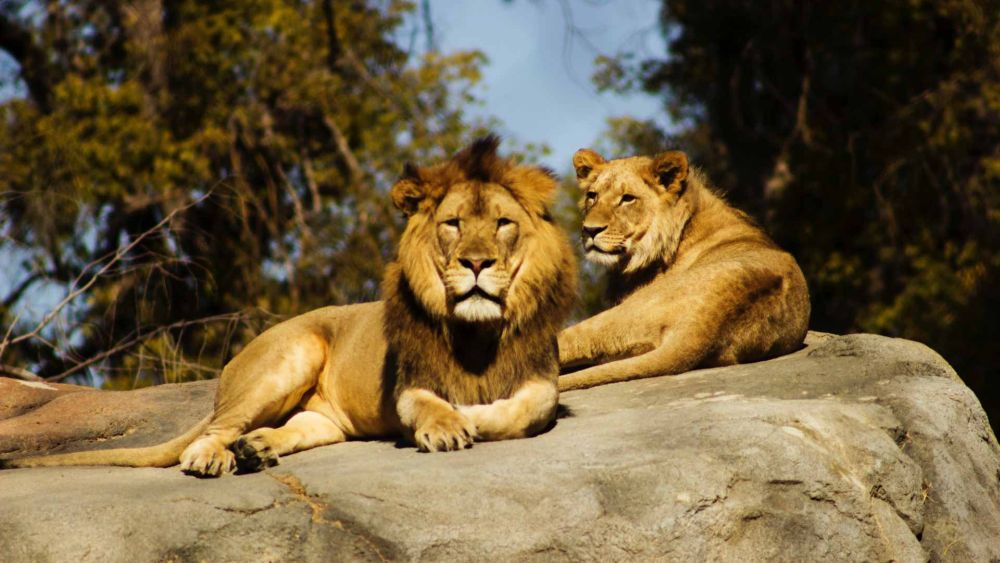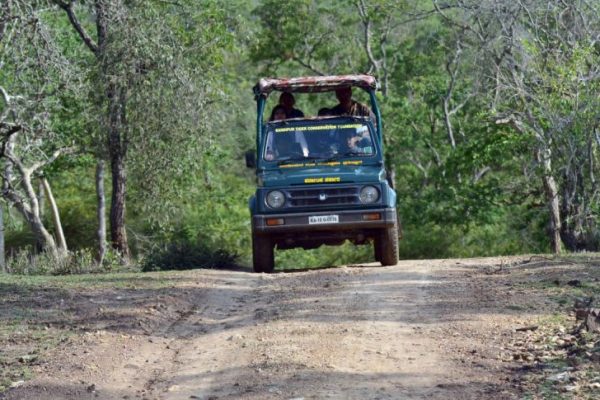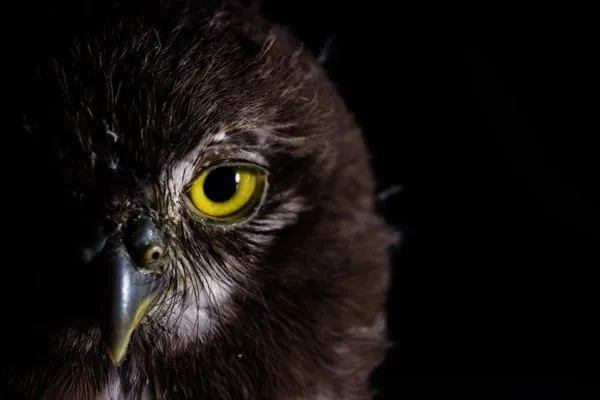South Africa to ban Captive Lion Breeding and Bone Trade
In an encouraging step, South Africa is set to ban captive lion breeding for hunting, cub petting, and bone trade. The South African government will soon be formulating a policy to implement the same. This decision is likely to impact South Africa’s multi-million dollars captive lion breeding industry.
The government has taken the decision after considering the recommendations from a two-year government study. The panel – after studying the rules of hunting, trading, and captive breeding of lions, as well as rhinoceros, elephants, and leopards – suggested that captive breeding of lions must be halted. It has emphasized stopping the interaction of tourists with the captive lions.
This decision has also been hailed by the World Animal Protection. The organization has termed this decision of the South African government as courageous.
Environment Minister Barbara Creecy at a press conference said,
What the majority report says, with regards to captive breeding of lions: it says we must halt and reverse the domestication of lions through captive breeding and keeping. We don’t want captive breeding, captive hunting, captive petting, captive use of lions and their derivative.
However, legal hunting of wild animals under the regulatory environment will still be permitted.

South Africa to ban captive lion breeding | Image: Firstpost
According to the Humane Society International (HSI), there are around 12,000 captive breed lions in more than 400 lion farms in South Africa.
Lions in these farms are bred and raised for hunting, tourism purposes and for academic researches. Apart from this, the lions are also raised for medicinal purposes, for their bones, and for jewelry in South Asia.
Over the years, campaigns to ban the import of captive-bred lion trophies have gained stream in many European countries, Australia and in the United States of America.
In December 2020, HSI Africa along with Blood Lions had submitted a letter to the Department of Environment, Forestry and Fisheries, demanding the ban of captive lion breeding.
The International Union of the Conservation of Nature (IUCN) Red List has listed lions as vulnerable due to their decreasing population. One of the biggest threats that lions face is being indiscriminately killed by humans and loss of prey.
Via: Treehugger

